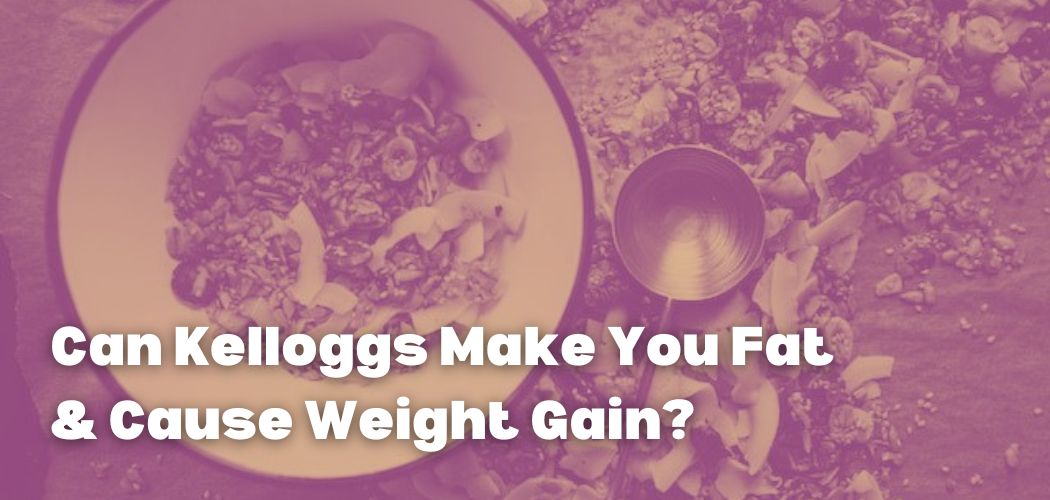Kellogg’s, or Kellogg Company, is the largest American manufacturer of ready-to-eat cereals and other food items. Kellogg’s Corn Flakes was one of the earliest breakfast cereals and continues to be one of the most popular in the United States.
Corn flakes are the most popular breakfast cereal, as they are formed by toasting corn flakes. They are packaged cereal consisting of tiny, toasted cornflakes and are typically served with cold or hot milk and sugar. It is a breakfast cereal composed of milled corn and sugar.
Compared to their non-milled counterparts, it is claimed that milled maize products facilitate easier vitamin and nutrient absorption.
A renowned nutritionist conceived the cereal in 1894 as a nutritious diet for the inmates at the Battle Creek Sanitarium in Michigan, where he was superintendent.
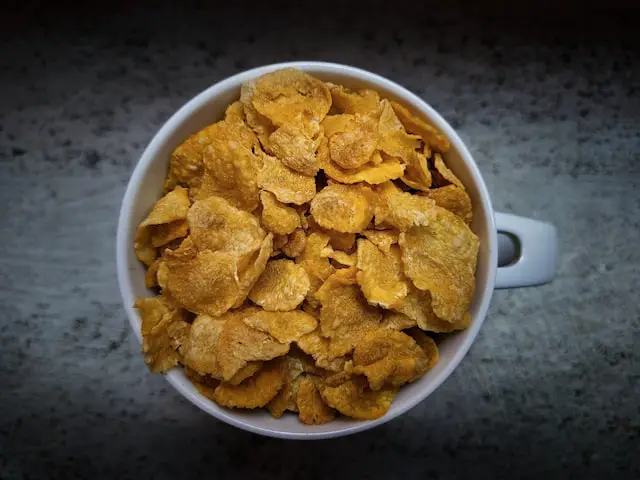
The Kellogg Company was founded to produce cornflakes for a wider audience after the breakfast cereal proved popular with the patients. In 1896, the technique was given a patent.
Corn flakes are typically orange-yellow flakes with a gritty texture that softens with milk, which is typically served in a bowl alongside the cereal. Kellogg’s was the first company to make cornflakes, although there are now numerous brands of cornflakes.
Contents
Aids In Weight Loss?
Two-week participants on the Special K diet lost between 0 and 13 pounds, according to a study funded by Kellogg’s Co. Ltd. Some participants shed up to 10 percent of their body fat, with an average weight loss of approximately 3.5 pounds.
Dieting participants in this study reduced their daily caloric intake by an average of 673 calories. Their fat intake was also reduced by 50%.
A review of studies confirmed these findings. On average, participants shed 3.5 pounds and an inch from their waistlines.
Both of these trials were concerned with short-term weight loss. They did not examine whether or not the subjects could maintain their weight loss beyond two weeks.
In conclusion, yes, the Special K diet may result in weight loss. Less clear from the research is whether you can maintain your weight loss after you return to eating three meals each day.
Nutritional Value
In addition to their buttery, salty flavor, cornflakes are an excellent source of minerals, vitamins, and nutrients.
Corn flakes provide 0.66 mg of Vitamin B1, 211 mg of Sodium, 0.85 mg of Vitamin B2, 0.198 mg of Vitamin B6, 4.39 mg of Iron, 20 g of Vitamin B9, 2.48 g of Protein, 27.85 g of Carbohydrate, 13 mg of Magnesium, and 29 mg of Phosphorus per 33-gram serving.
Includes Vitamin D
Kellogg’s pledged in 2011 to add vitamin D to all of its children’s cereals.
Vitamin D, sometimes known as the “sunshine vitamin” because our skin naturally makes it from the sun’s ultraviolet B (UVB) rays, regulates the amount of calcium we absorb and is therefore essential for the development and maintenance of strong bones.
Vitamin D insufficiency is most widespread in children and has the greatest impact on their health.
Children in the United Kingdom do not produce enough vitamin D through natural exposure to sunlight because they spend too much time indoors and not enough time playing outside.
This has led to an increase in rickets, a disease that affects only youngsters and can result in bone fractures and deformities.
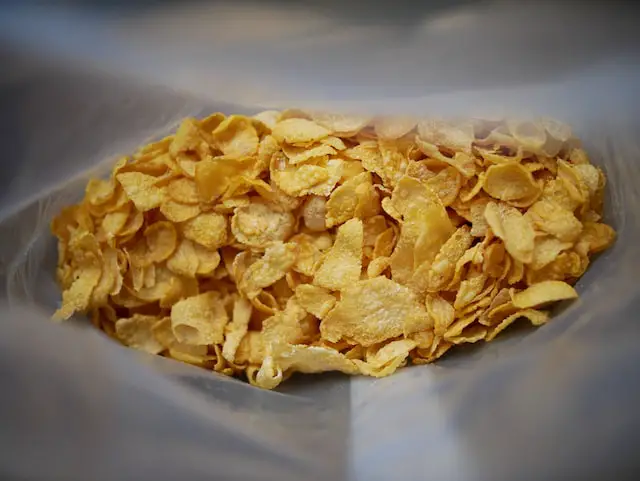
By adding this essential vitamin to children’s cereals, the incidence of this condition can be prevented in the United Kingdom.
However, the best source of vitamin D will always be the sun. Therefore, beginning the day with a well-balanced breakfast that includes fortified Kellogg’s cereal will equip you and your family with the energy needed to face the day.
Possible Health Advantages
Cornflakes and Cereals provide the ideal escape from the time tunnel’s confines! But the question is whether or not these are healthy. The obvious response is yes! Some of the health benefits of cornflakes are given below.
Preserves Lung Health
Beta-cryptoxanthin is a carotenoid that is found in corn. It is good for your lungs and helps prevent lung cancer.
Rich In Protein
As soon as nutritious cornflakes and milk are combined, the diet becomes protein-rich. It is important for building up the immune system, regulating hormones and enzymes, preserving the structure of red blood cells, and repairing body tissues.
When cornflakes are combined with additional ingredients such as almonds or honey, the nutritional benefits of these additions are also incorporated into the diet.
Packed With Vitamins
In addition to being delicious, Kellogg’s cornflakes are a wonderful source of folate, vitamins, dietary fiber, minerals, carbs, and proteins.
Folate is essential for the production of new cells, making it especially crucial during pregnancy. Additionally, it reduces heart disease and colon cancer.
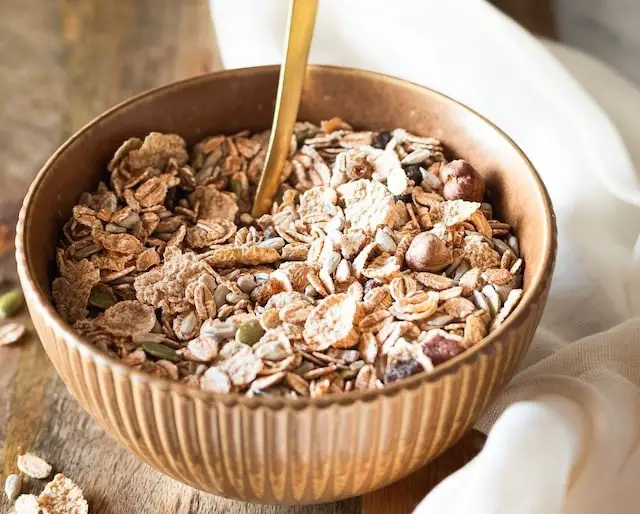
In addition, the cornflakes’ thiamine content accelerates glucose metabolism, boosting both energy production and brain function. In addition to being consumed with fruits, cornflakes offer fiber to the diet, hence avoiding constipation and associated colon illnesses.
Also, it has a lot of iron, which helps keep the blood healthy and keeps the brain active. Cornflakes are good for you because they have a lot of niacin, riboflavin, vitamin A, vitamin B12, and vitamin B.
Corn contains lutein, which is beneficial to eye health.
Adverse Effect On Health
Although it would be inaccurate to say that cornflakes are entirely unhealthy, it is possible for them to induce diabetes.
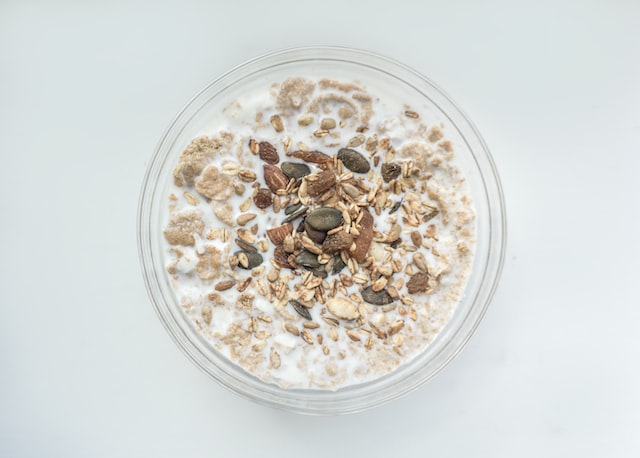
High glycemic foods are usually processed foods with a lot of sugar. Cornflakes, which have a glycemic index of 82, may cause insulin levels to rise and lead to type 2 diabetes.
Conclusion
Before stocking up on cereal, assess your weight loss objectives. If you want to lose weight quickly, the Special K diet may help you achieve your goal. However, if you are searching for a diet to follow for longer than two weeks, this is not the ideal option.
By accelerating your weight loss, the Special K diet can encourage you to continue losing weight.
But the safest way to keep off the weight you’ve lost and keep your waistline slim is to stick to a balanced diet and exercise as part of your weight loss plan.
